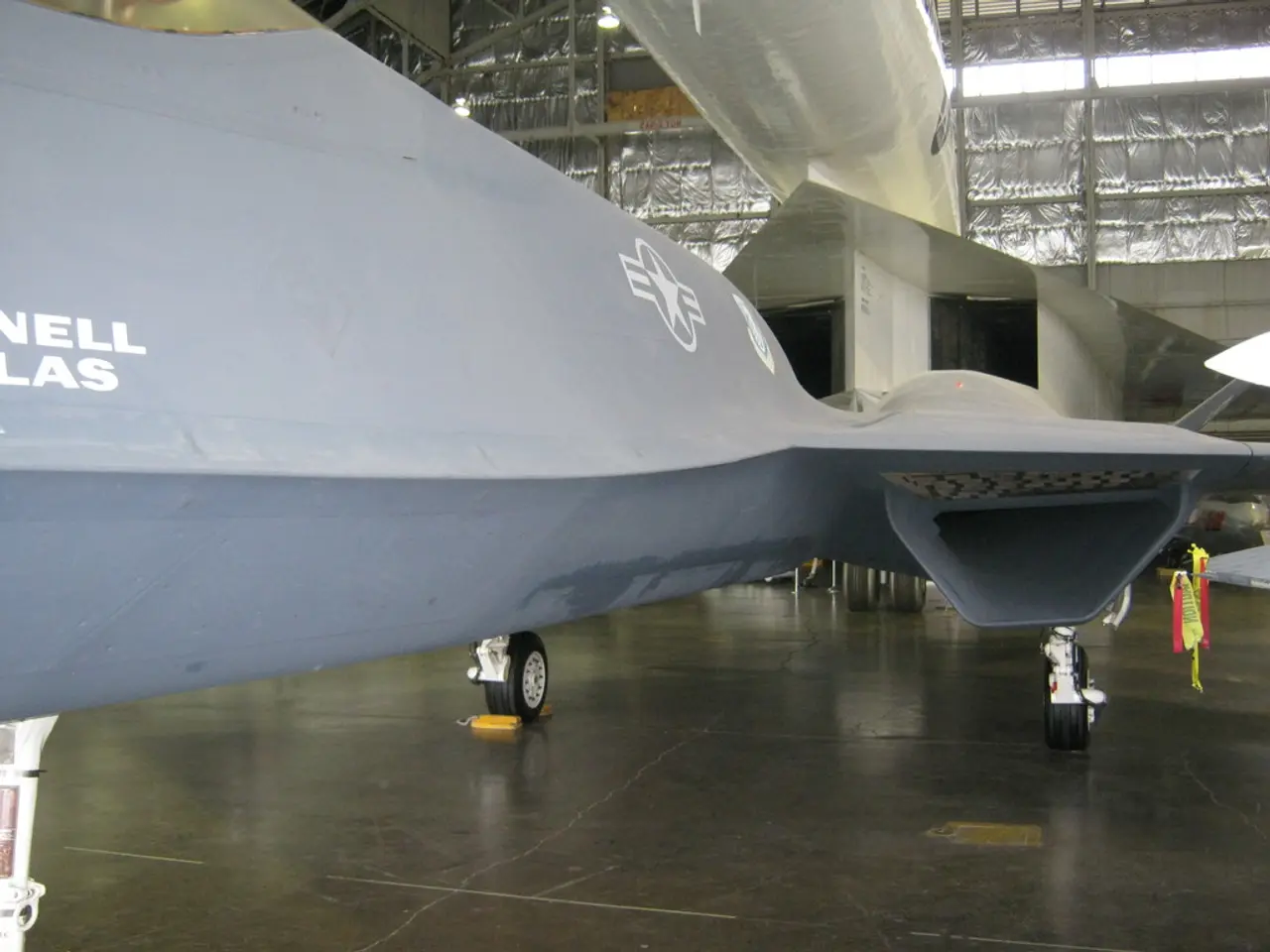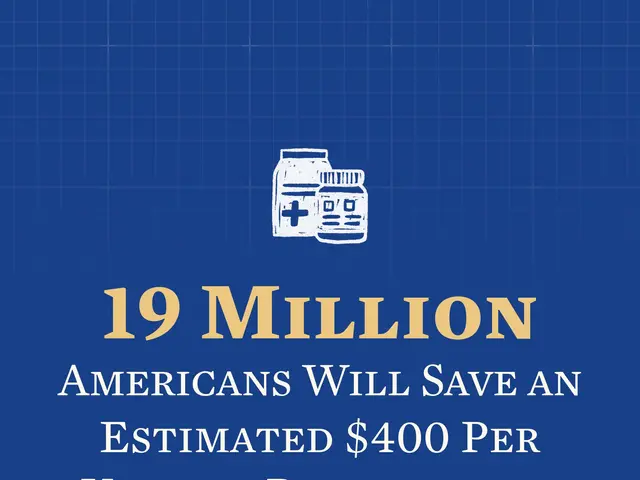American Aviator and Goodwill Ambassador, Wally Funk
Wally Funk: Overcoming Gender Barriers in Space Exploration
Wally Funk, born in Las Vegas, New Mexico on February 1, 1939, grew up with a passion for aviation that began in her childhood. Raised in Taos, New Mexico, Funk's fascination with planes and aircraft was sparked at an early age, with her first encounter being a Douglas DC-3 when she was just one year old.
Funk's love for aviation led her to build model planes from wood at the age of 7 and to receive her first flying lesson when she was 9. Her parents, who owned a variety store, supported her dreams and encouraged her to chase her passion.
Despite her extensive aviation experience, Funk faced gender-based barriers in her pursuit of space exploration. Due to her gender, she could only take limited classes in high school. She applied to NASA multiple times but was rejected due to lacking an engineering degree or a background as a test pilot.
In the early 1960s, Funk was part of the "Mercury 13," a group of women who underwent the same rigorous physical and psychological tests as male astronauts. The women performed as well or better than their male counterparts, but NASA excluded them from spaceflight programs due to prevailing gender discrimination at the time.
The Mercury 13 women completed the tests privately and proved their capability, but NASA did not officially select women astronauts until much later. This gender-based exclusion prevented Funk and her peers from participating in NASA's space missions despite their qualifications and experience.
Funk continued to make strides in her aviation career, volunteering for the "Women in Space" program at the age of 21. However, the program was cancelled. She later became an officer for the "Flying Aggies" program at Oklahoma State University and worked as an air safety investigator for the National Transportation Safety Board from 1974 to 1985.
Funk also participated in many air races during her career. On July 1, 2021, she was announced to be on the first flight of New Shepard, Blue Origin's suborbital launch vehicle, marking a significant milestone in her long and inspiring career.
Funk's story underscores the institutional challenges women faced in early space exploration efforts, reflecting broader societal biases rather than technical or experience-related reasons. Her determination and resilience serve as an inspiration to all who aspire to break barriers and pursue their dreams, regardless of gender.
- Aviation safety played a crucial role in Wally Funk's career as an air safety investigator for the National Transportation Safety Board from 1974 to 1985.
- Despite the achievements of aviation pioneers like Wally Funk in the "Mercury 13" program, gender discrimination prevented women from participating in space missions during the early 1960s, showcasing a broader societal bias in the space-and-astronomy industry.
- Wally Funk's long and inspiring career in aviation, which includes becoming an officer for the "Flying Aggies" program and participating in air races, is a testament to finance and the science behind aviation and aerospace, illustrating the potential for women in these sectors.








